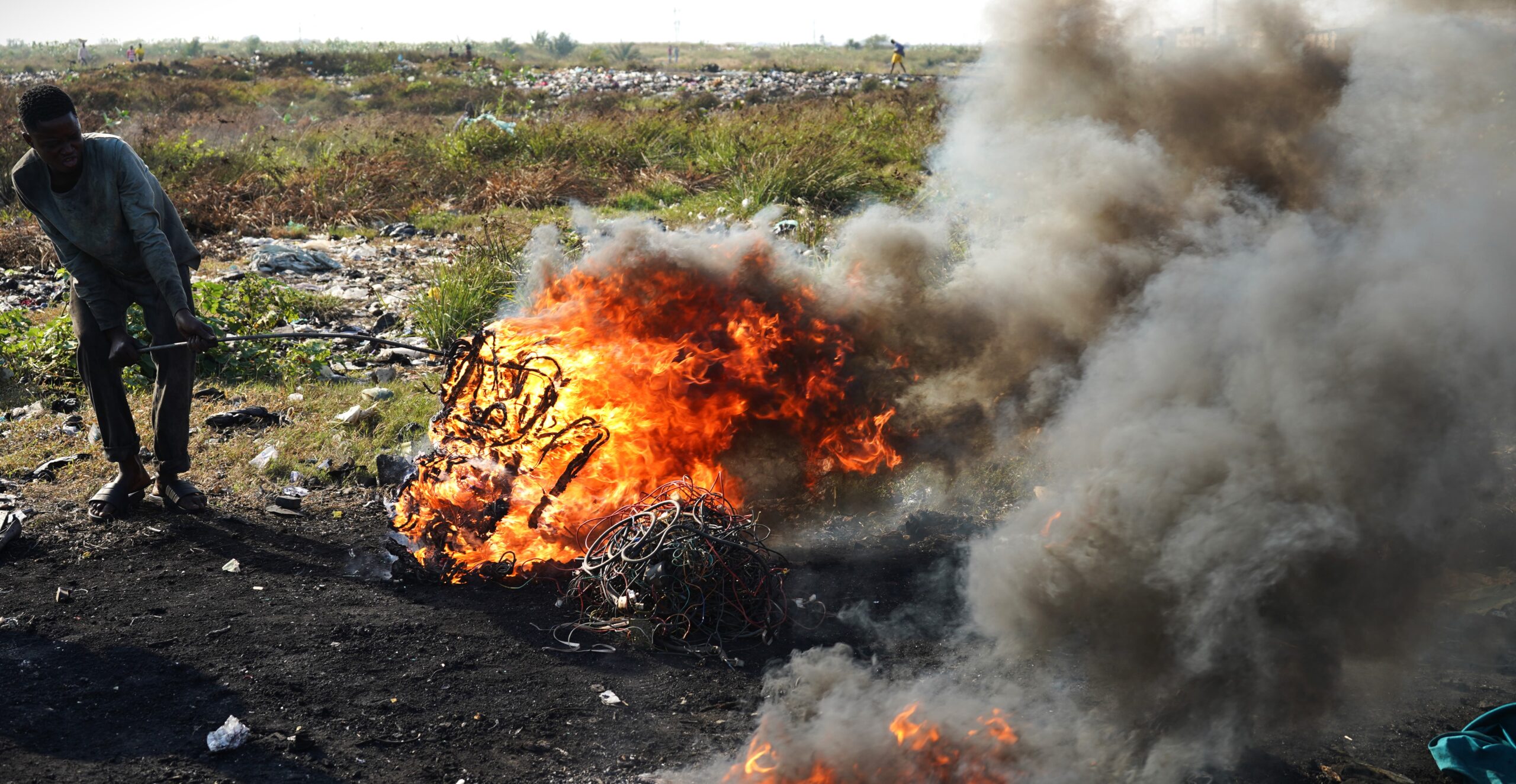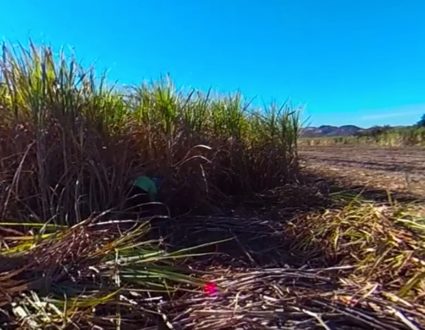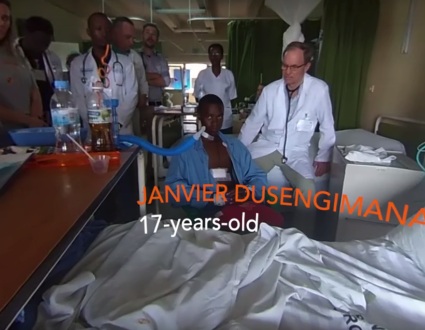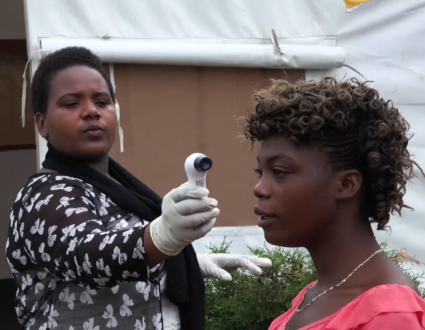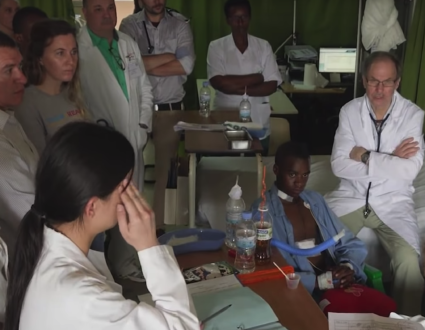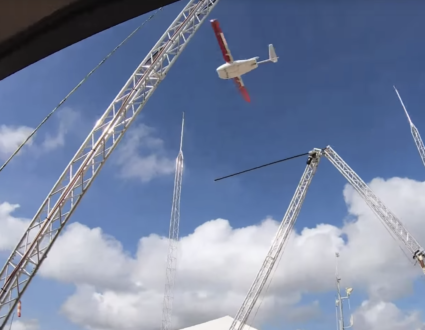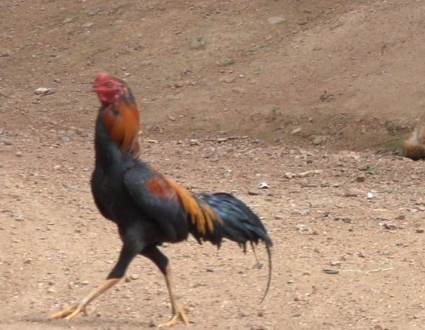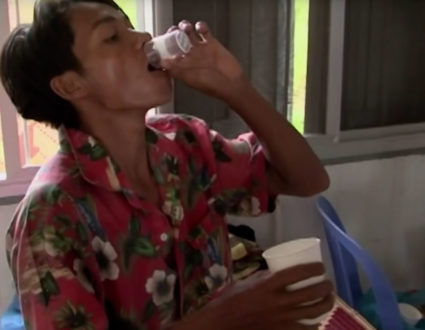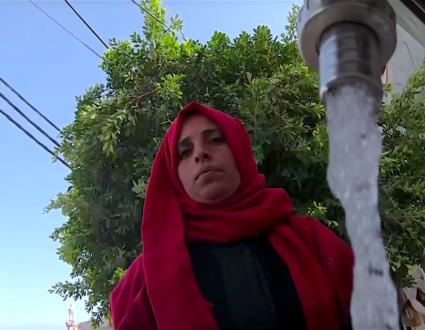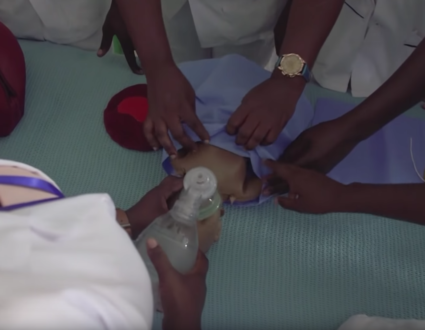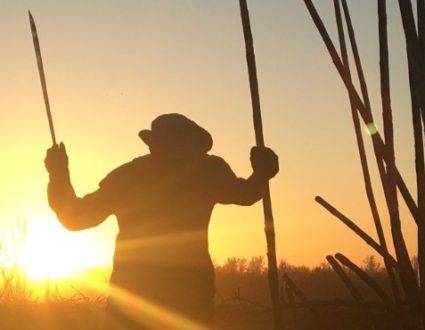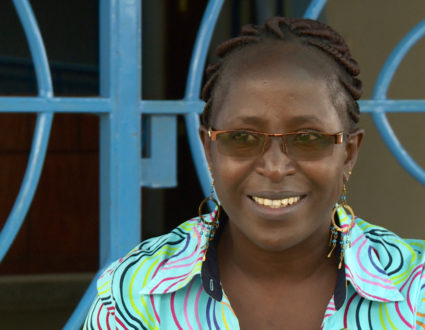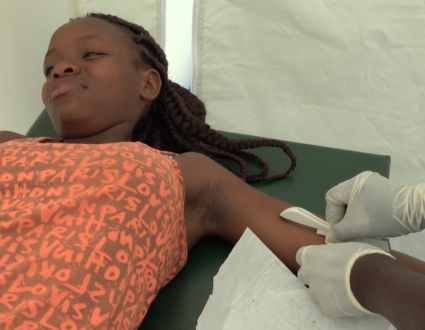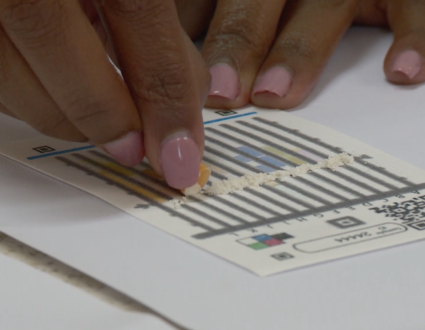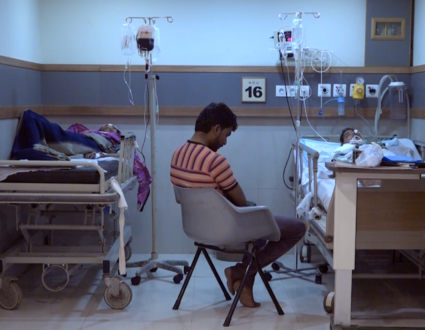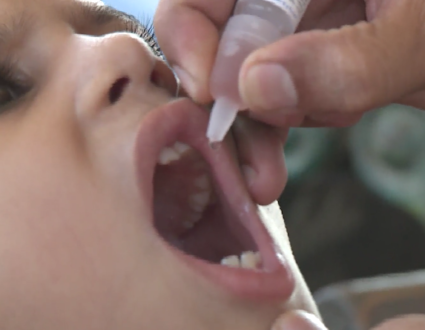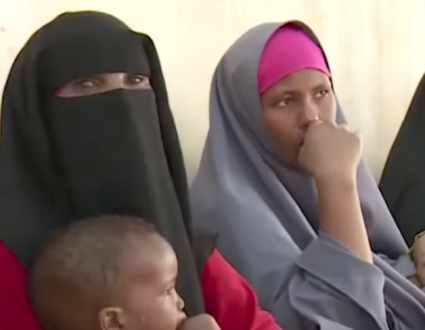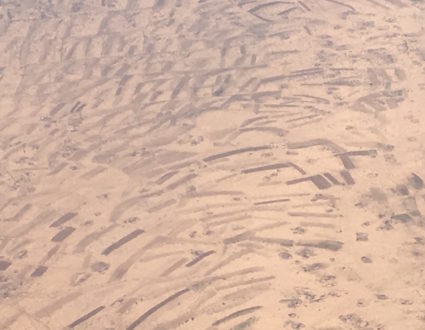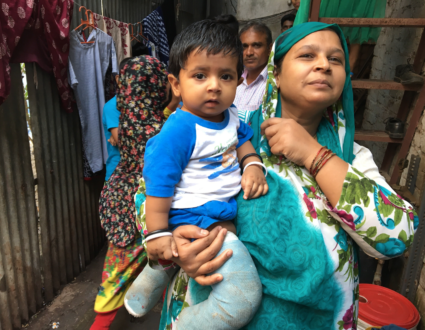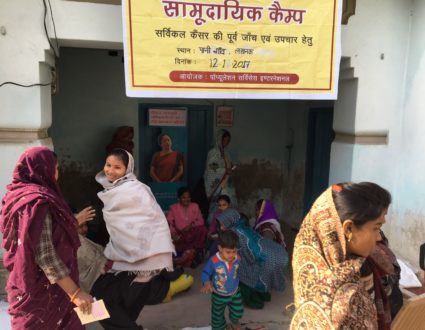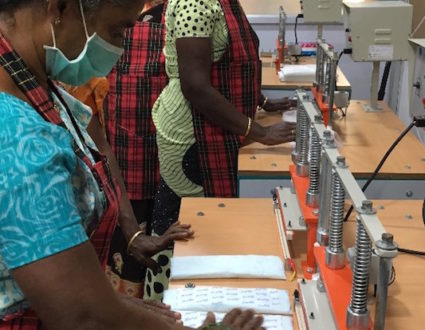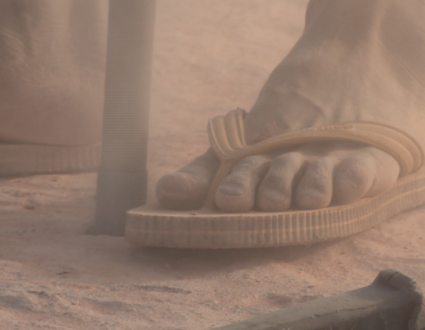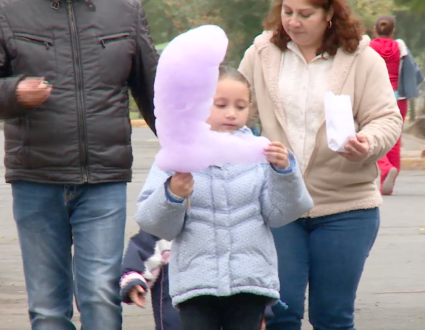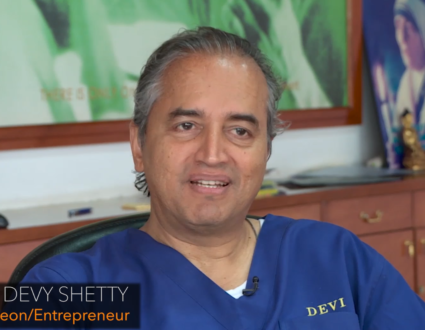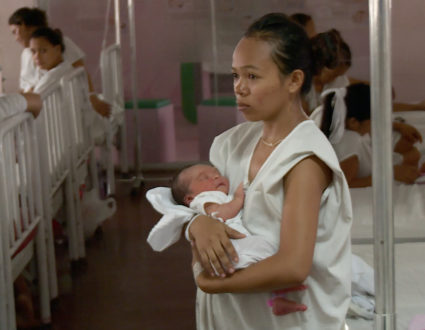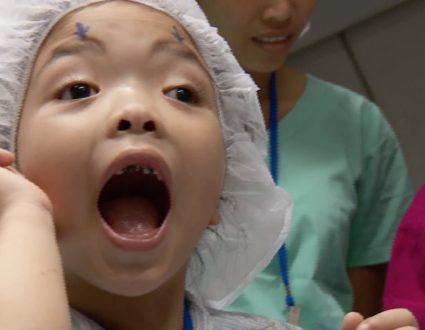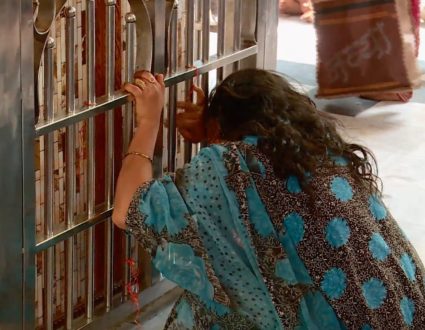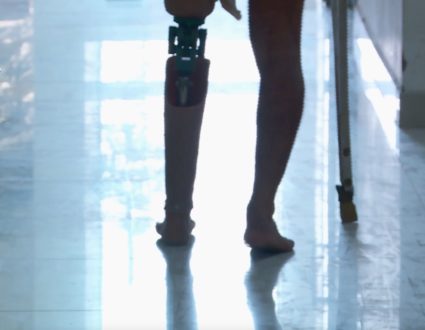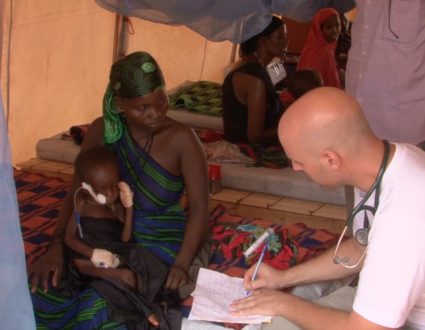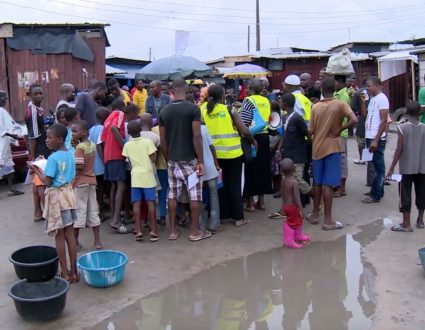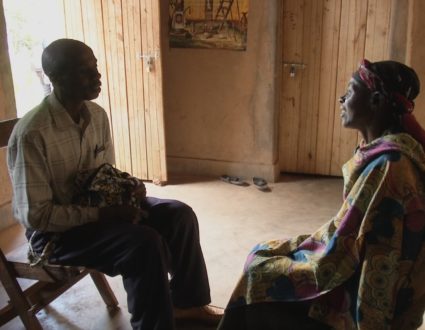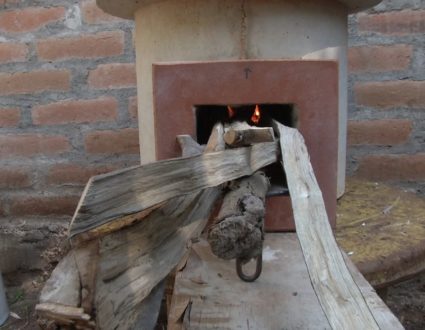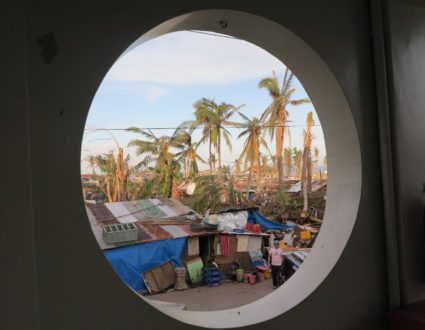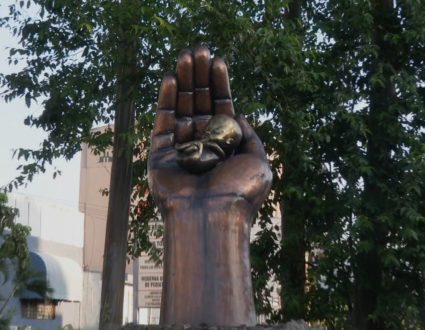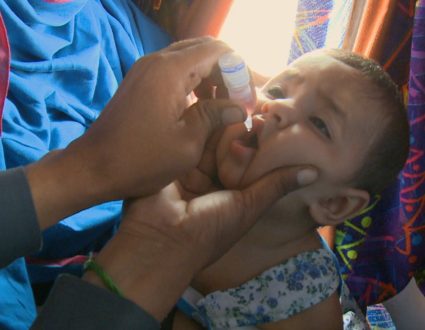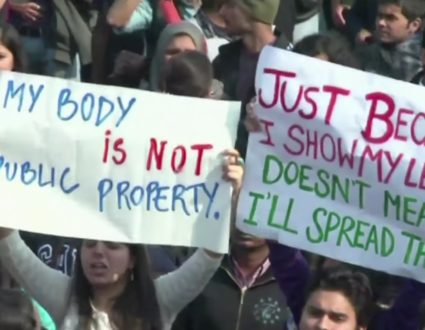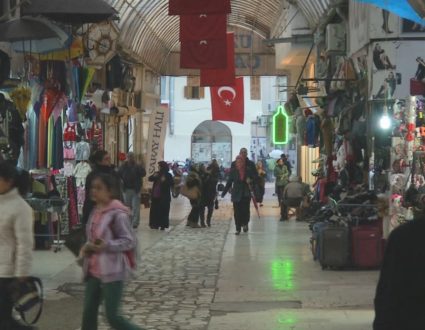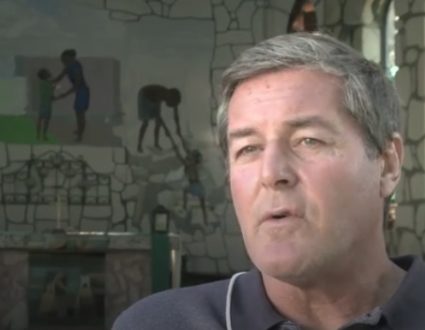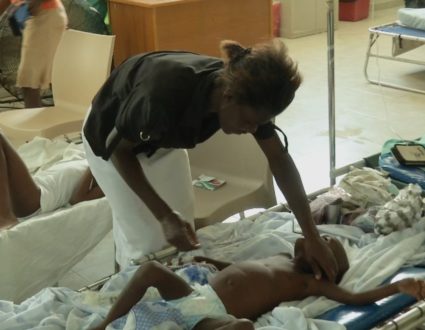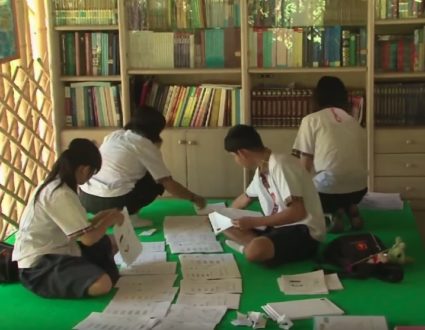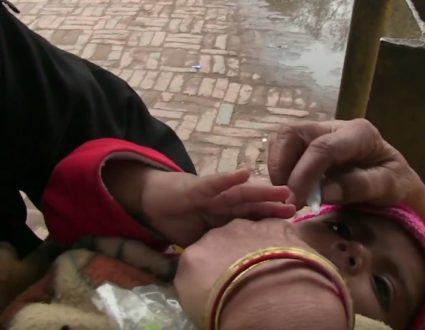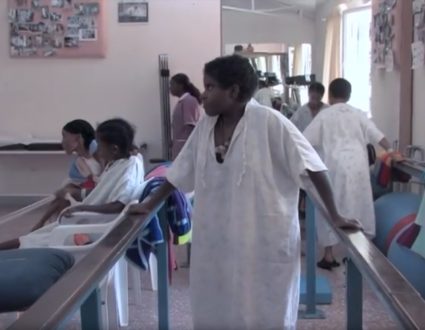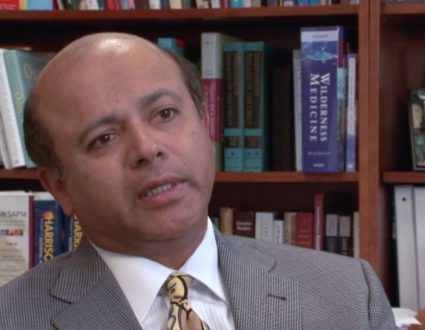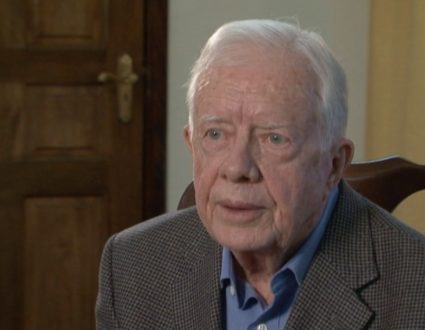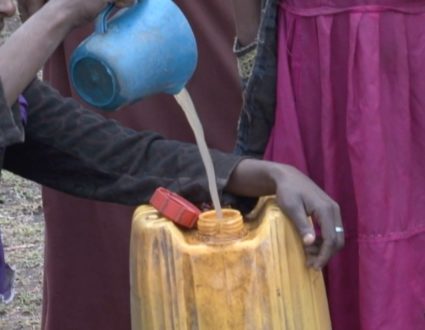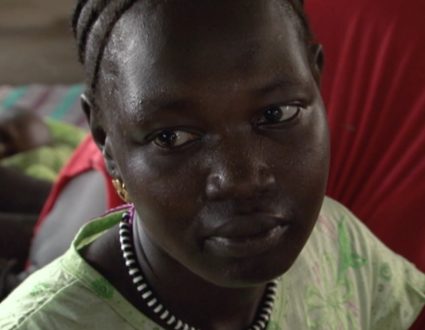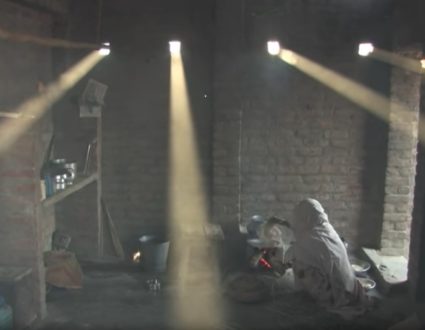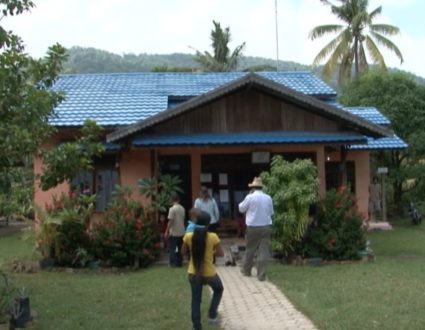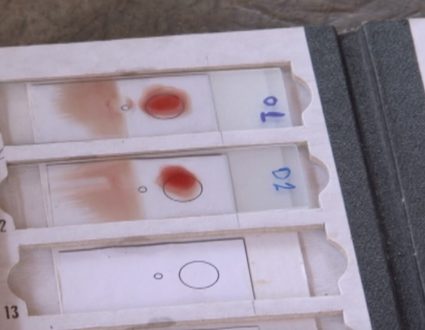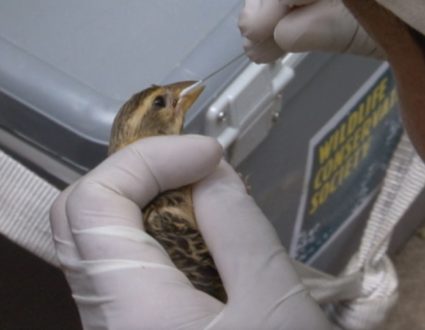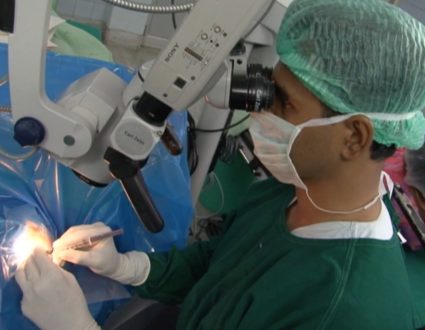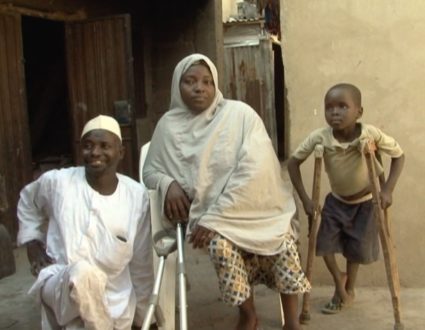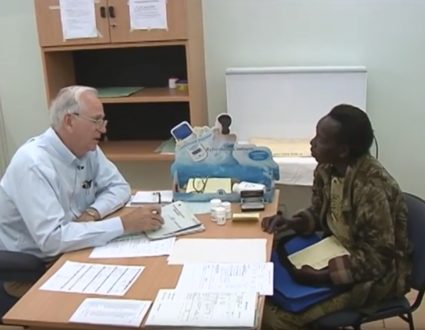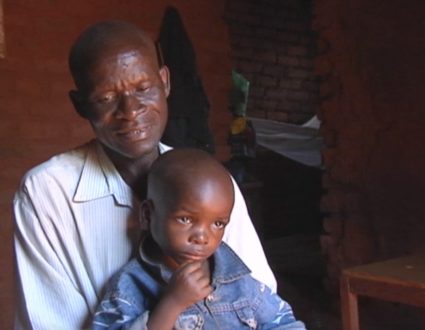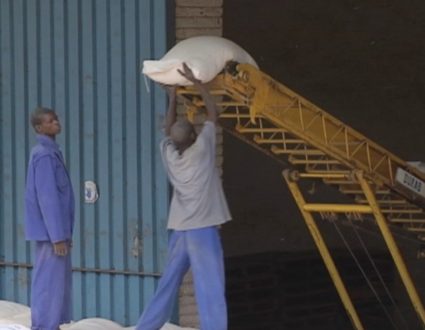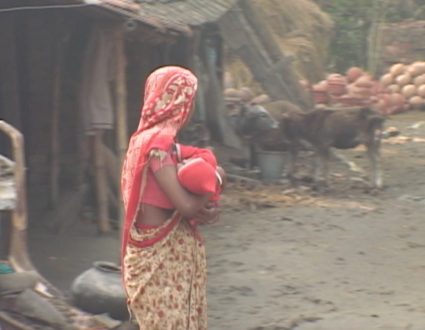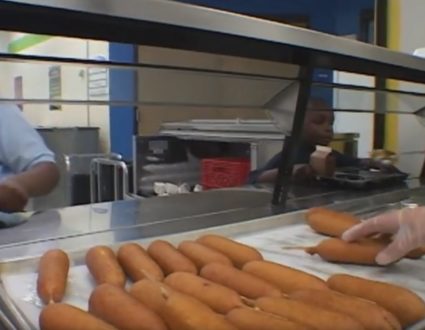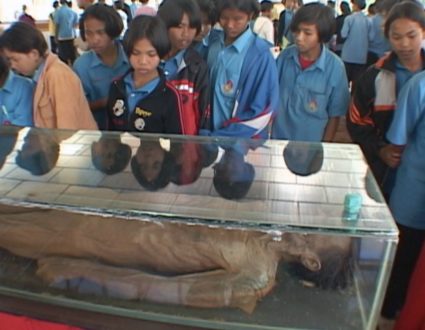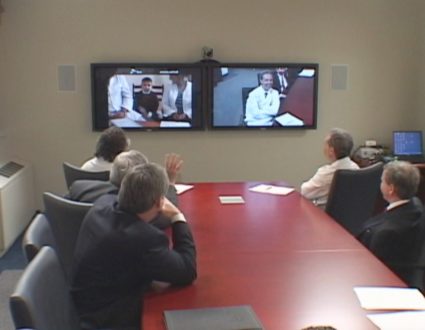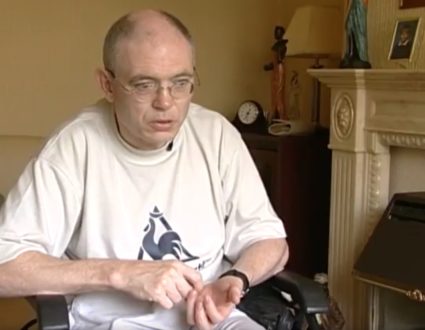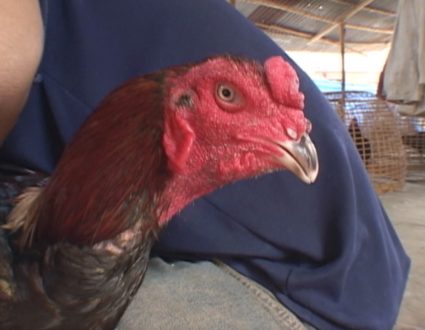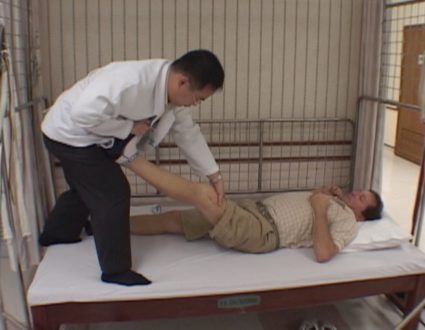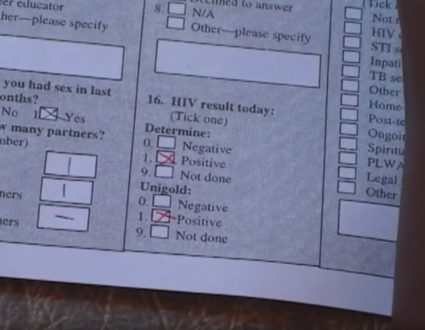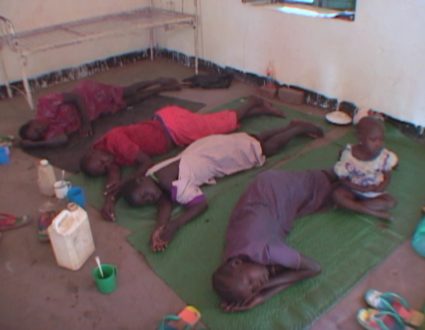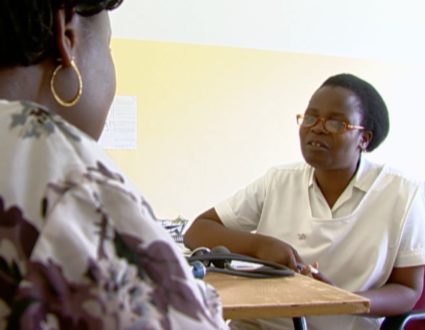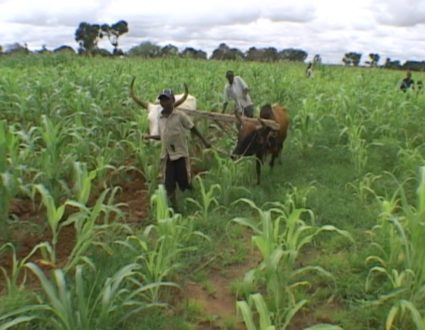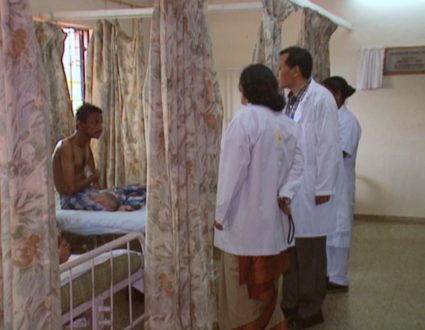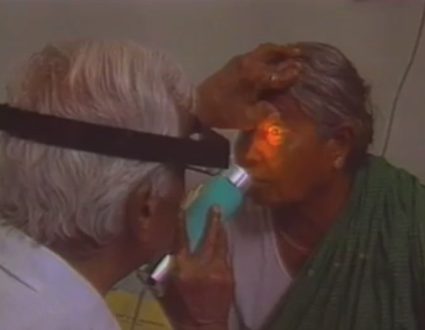New Delhi, India
India's Vaccine Glut
Falling demand causes glut of unused COVID vaccines in India
June 8, 2022
- Judy Woodruff:India has long been called the world’s pharmacy. It is the world’s largest producer of generic drugs, as well as vaccines.Much of that capacity was repurposed and increased to produce COVID vaccines, intended particularly for low-income countries.But, as Fred de Sam Lazaro reports from India, demand has dwindled, creating a glut, even as many parts of the world remain largely unvaccinated.
- Fred de Sam Lazaro:It’s mostly adolescents who trickle in these days for COVID shots, which were recently approved for those 12 and older. And it’s a far cry from conditions during and soon after last year’s catastrophic Delta surge that claimed hundreds of thousands of lives.Pushpa Nirala was among parents bring their children in on this day.
- Pushpa Nirala, Mother (through translator):We saw so much illness the last time. Everybody’s vaccinating their children, so I thought mine should be protected too.
- Fred de Sam Lazaro:Just a few months ago, this public health center outside of New Delhi would have been overwhelmed with people desperately trying to get a COVID shot. Today, things are quiet here. Anyone who needs a shot can get one, no waiting.
- Jaivir Singh (through translator):I came to get a booster shot. I was satisfied with my first two shots, and it’s been two months now. If some people don’t take it, it endangers everyone.
- Fred de Sam Lazaro:Today, India’s vaccination rates are roughly comparable to the U.S. Two-thirds of adults over 18 have received two doses. Almost all have been made in India, indigenously developed or under license to global pharmaceutical companies.Kiran Mazumdar-Shaw, Founder and Chairperson, Biocon LTD: We have vaccinated close to a billion people with two vaccinations. I think that’s a humongous achievement for a country of our size.
- Fred de Sam Lazaro:Kiran Mazumdar-Shaw founded a diversified pharmaceutical company in Bangalore called Biocon.She says, for Indian companies long dominant in vaccines, it was an easy pivot to COVID shots.
- Kiran Mazumdar-Shaw:India was supplying the vaccines for children’s vaccination programs, whether it is MMR, polio. India has always done it at scale because of the size of our own population. And that has benefited the world.
- Fred de Sam Lazaro:But the success of India’s COVID vaccination campaign came, at least in part, at the expense of deliveries to other particularly low-income countries. The U.N.-backed vaccine-sharing initiative COVAX had counted heavily on Indian suppliers.But amid the surge last year, India’s government suspended exports for several months, allocating all production for domestic use.
- Vikram Paradkar, Executive Vice President, Biological E:We produced our first batch of vaccine in this building.
- Fred de Sam Lazaro:Vikram Paradkar is with Biological E near the southern city of Hyderabad, which pivoted and expanded capacity to meet what was expected to be soaring global demand.
- Vikram Paradkar:We are producing two million doses a day.
- Fred de Sam Lazaro:His company makes the Johnson & Johnson COVID vaccine under license and helped develop another, Corbevax, with the Baylor College of Medicine in Houston.
- Vikram Paradkar:We supply the government of India at about $2 a dose, which is probably, I think, the lowest price globally anywhere in the world.
- Fred de Sam Lazaro:Biological E spent about $195 million to double its capacity during the pandemic. But with global vaccine demand dropping sharply this year, production lines are being idled across India, at least in the short term.And yet, across Africa today, fewer than one in five adults are fully vaccinated. About 40 percent of vaccine already delivered hasn’t gotten into arms, something attributed to a lack of funds, inadequate distribution systems, and an overall relaxed attitude amid lower hospitalization and mortality rates in the pandemic’s Omicron phase.
- Kiran Mazumdar-Shaw:I don’t think we have learned the lesson of health equity as yet.
- Fred de Sam Lazaro:Kiran Mazumdar-Shaw blames the low vaccination rates in part on Western countries’ reluctance to share vaccines or license them to Indian manufacturers early on, when people were desperate to get the shots.
- Kiran Mazumdar-Shaw:They could have shared some of those stockpiles with the developing world. Initially, they kept kind of saying that we are only use the Western manufacturing sites for vaccinating the Western populations, because they are not very comfortable with the other manufacturers in the developing world countries.
- Fred de Sam Lazaro:For reasons of quality?
- Kiran Mazumdar-Shaw:I hate to say it, but there is a bit of racism in that. And now it is very ironic that most of the vaccines that are now being deployed in the world are actually being made in India and Korea and other parts of the world.
- Fred de Sam Lazaro:She’s like to see some of the excess vaccine-making capacity repurposed for other disease campaigns, like pneumococcal pneumonia, malaria or dengue.But Biological E’s Paradkar says the COVID pandemic is not over. He says vaccinations and new vaccines must remain a top priority.
- Vikram Paradkar:We need to be now like two steps ahead of the virus. I’m not sure that we could actually update our vaccine fast enough. I would rather jump maybe a few more variants ahead of it.
- Fred de Sam Lazaro:And those new variants are more likely because of the overall low vaccination rate, says Dr. Srinath Reddy.Dr. K. Srinath Reddy, President, Public Health Foundation of India: The logic of evolutionary biology that seems to drive the survival of the virus, unfortunately, does not seem to prevail among human beings.
- Fred de Sam Lazaro:He heads the Public Health Foundation of India.
- Dr. K. Srinath Reddy:The Western countries who have three shots or four shots of vaccines in their arms must realize that variants will emerge in countries where the vaccination rates are very low, where you have high levels of HIV and — or otherwise immunosuppressed, and these will find their way back to the rest of the world.
- Fred de Sam Lazaro:A lesson in global solidarity, he says, that the world has been slow to learn.For the “PBS NewsHour,” I’m Fred de Sam Lazaro in New Delhi.
- Judy Woodruff:And a note that Fred’s reporting is a partnership with the Under-Told Stories Project at the University of St. Thomas in Minnesota.
INDIA
The World’s Pharmacy
India has long been the largest producer of generic drugs as well as vaccines on the globe. A lot of that capacity was repurposed and increased to produce COVID vaccines, intended particularly for low-income countries. But demand has dwindled, creating a glut even as vast regions remain largely unvaccinated. Fred de Sam Lazaro reports from India.


